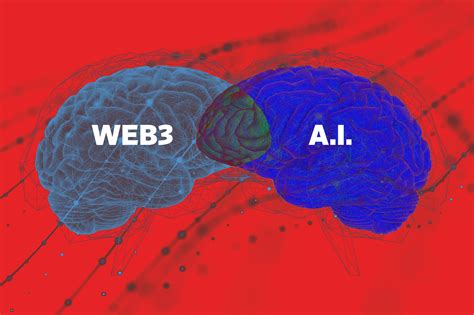The Intersection of AI, Blockchain, and Compliance: Enhancing Data Management and Regulatory Adherence
In recent years, the use of Artificial Intelligence (AI) and blockchain has gained significant attention across various industries. While these technologies have many benefits to offer, their integration into a single platform or system can pose unique challenges, particularly when it comes to data management and regulatory compliance.
Data Management: The Achilles’ Heel
One of the primary concerns with integrating AI and blockchain is ensuring that the vast amounts of data generated by these systems are properly managed and compliant with relevant regulations. In traditional IT environments, data is often stored in separate silos, making it difficult to integrate and share across different applications.
AI-powered data management systems, however, have made significant strides in addressing this challenge. With AI-driven analytics, automated data processing, and machine learning capabilities, organizations can now manage their data more efficiently, reducing the risk of errors or inconsistencies that may arise from manual data entry or disparate data sources.
Blockchain, on the other hand, offers an additional layer of security and transparency by providing a decentralized, immutable record of all transactions. This inherent security property makes it an attractive solution for sensitive industries such as finance, healthcare, and government.
The Intersection of AI and Blockchain: Opportunities for Compliance
When integrated into a single platform or system, AI and blockchain technologies can offer several benefits that enhance data management and regulatory compliance:
: AI-driven auditing and validation capabilities can help detect errors or inconsistencies in data stored on the blockchain, reducing the risk of non-compliance.

: Blockchain’s immutable ledger provides a permanent record of all transactions, making it easier to track and verify data across different systems.
Regulatory Compliance: Key Considerations
As governments worldwide continue to regulate new technologies, organizations must ensure that their use of AI, blockchain, and integrated systems complies with relevant laws and regulations. Some key considerations for businesses looking to integrate these technologies include:
Best Practices for Implementing AI, Blockchain, and Compliance
To maximize the benefits of integrating AI, blockchain, and compliance, businesses should consider the following best practices:
3.

